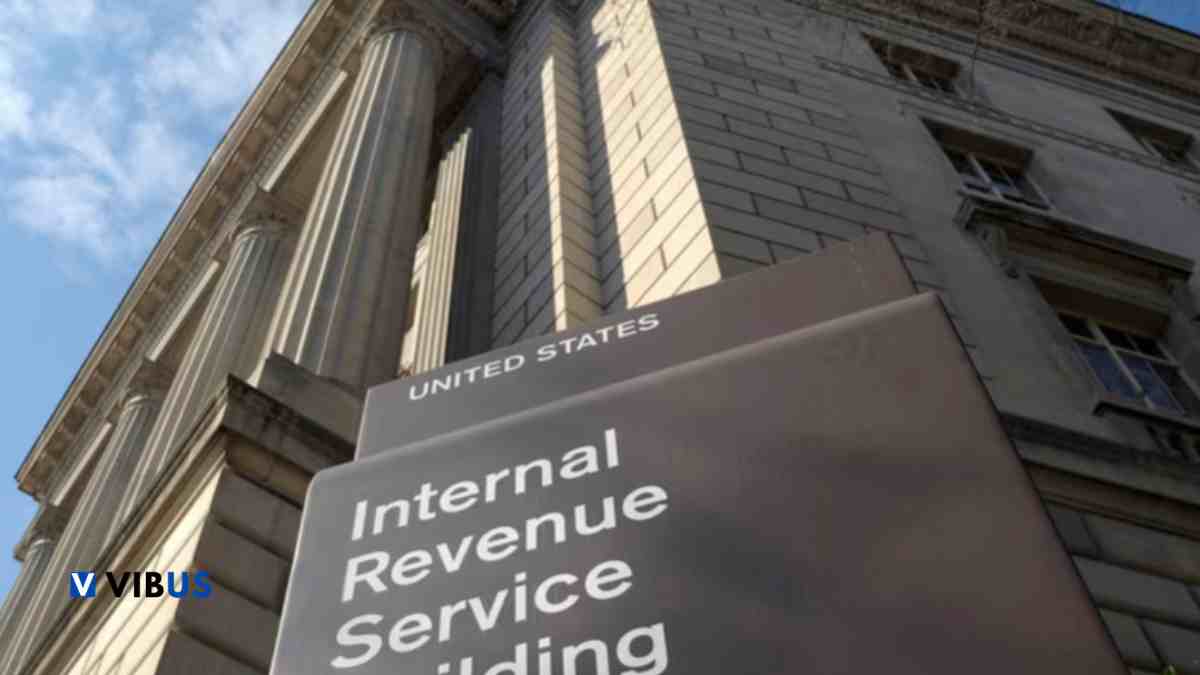Recently, the United States Internal Revenue Service IRS announced a significant achievement: the recovery of $1 billion in unpaid taxes from high-income taxpayers.
The recovery of these funds is part of a broader effort to balance the tax burden and ensure that the wealthiest taxpayers fulfill their tax obligations, just as working families do.
IRS Investing in Tax justice
The drive behind these efforts comes from the Inflation Reduction Act, enacted in 2022, which has given the IRS the necessary means to intensify its fight against tax fraud.
This law, a cornerstone of the Biden administration’s agenda, has not only improved tax collection efficiency but also strengthened actions against tax evasion strategies employed by individuals and large corporations.
The goal is clear: to establish a fairer tax system where the fiscal responsibility does not disproportionately fall on the middle and lower classes. Treasury Secretary Janet Yellen has emphasized this point on multiple occasions, highlighting the importance of ensuring that everyone, regardless of their economic status, contributes equitably to maintaining the services and benefits provided by the state.
Strategies against tax evasion
Among the evasion tactics that the IRS is determined to combat is “base erosion,” a complex mechanism where assets are transferred between related entities to artificially reduce tax obligations.
Additionally, the IRS has focused on practices such as improper deductions for the use of corporate jets for personal flights, an area that has so far offered a relatively easy path to illicitly reduce tax burdens.
The initiatives are not limited to large corporations or economic elites. Attention is also being given to mid-sized businesses and high-income individuals, ensuring a broad and fair application of tax law.
This comprehensive approach is crucial for restoring public trust in the tax system, particularly at a time when the perception of tax fairness has been eroded.
Tax policy in the spotlight
However, these efforts face significant challenges, especially in the political arena. The possibility of a change in administration could bring severe budget cuts for the IRS, something that Republican leaders have hinted at or directly proposed on various occasions.
For instance, in the 2023 debt ceiling and budget cut negotiations, Republicans managed to impose a $1.4 billion reduction in the IRS budget. Moreover, further cuts are planned for the future, which could compromise the agency’s ability to continue performing its work effectively.
The future of taxation and public opinion
Faced with this situation, the IRS stands at a crossroads. On one hand, it must demonstrate the effectiveness of its initiatives to maintain or even increase its funding and resources.
On the other hand, it must do so in a way that not only reinforces the efficiency and fairness of the tax system but also improves its public image. This latter point is crucial, given that the perception of intrusion into privacy and hostility towards audits is a sensitive issue for many Americans.
The collection of $1 billion in back taxes is just the tip of the iceberg in the fight for a more equitable and efficient tax system. With the backing of the current administration and powerful legislative tools, the IRS has a unique opportunity to transform taxation in the United States.
However, the future of these efforts will depend on both the political will and the agency’s ability to continue demonstrating tangible results and clear benefits for society as a whole. Thus, the path towards a fairer and more effective taxation remains open, awaiting today’s decisions to shape tomorrow’s outcomes.




